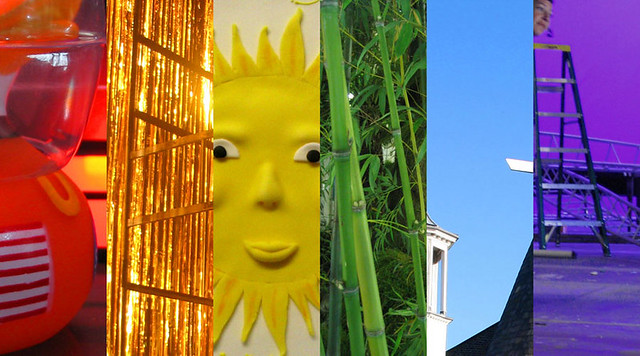Tutorial 26 Jan 2022
Tutorial with Jonathan 26 Jan
I’ve been sucking in a lot of ideas from everywhere in the hope that I stumble upon the keystone to support the whole complicated edifice I’ve constructed. As it is I’m holding up four walls of a vault and don’t feel like I can let go until the keystone (miraculously) appears.
After my tutorial, I’ve realised that I just need to let it go – knowing that I can re-build it again, quicker this time – and look for that keystone in a different way.
After I talked about stuff I’ve been thinking and reading about, Jonathan basically asked me ‘Are you just doing the easy stuff (thinking, reading, writing) to avoid the difficult stuff (making)?’
Yes, Jonathan. Yes, I am.
He saw straight through me.
He was a mirror and reflected myself back at me.
He shined a spotlight right at me.
Whatever he did, it involved ‘Light*’… And Light just might be the keystone.
I’ve been planning a kind of ‘contraption’ to use to film stuff in. I’ve got the material I need, I just have to start building it. The idea for it came from looking at the Slit Scan technique (Here here here here), pinhole cameras (here here) and the work of Peter Tscherkassky (eg)…
I’ve delved into the Light enough digitally. I need to restrict and control it in the real world.
* I wrote this for the Sunshine blog about a billion years ago.
Don’t Be Light .
Shed some light on (a problem)
See the light
Light at the end of the tunnel
Bright idea
To be bright
I see what you mean
To see eye to eye
The answer flashed before her eyes.
Mind’s eye
All of those little phrases have to do with knowledge, intelligence and the mind. Not surprisingly, the phrases which imply a lack of knowledge have to do with lack of light or an inability to see:
A shot in the dark
Remain in the dark
A shadow of doubt
A blind spot
A hazy notion
To be dim
Even the period of time in our history which is considered to be an age of great ignorance and lacking great cultural and scientific achievements is called The Dark Ages.
In pre-classical Greek they used the same word, phaos or phos, for both ‘light’ and ‘eye’ and Aristotle considered the eyes to be the gateway to the intellect. Other ancient Greek words related to phaos and phos are: phantasia “appearance, image, perception, imagination”, phantos “visible”, phainesthai “to imagine, have visions”.
Our words ‘fantasy’, ‘fantastic’, ‘phantom’, ‘phantasm’ – all of which have to do with ’seeing’ something in your mind- come from the Greek word for ‘light’.
Hey, we don’t even have to stick with the Greeks. In Latin, the word for light was lux or luc-. Today when we use the word lucid it can either mean, essentially, to be sane, or we can have a lucid dream, which is when we know we are dreaming. Sanity and the knowledge that we are experiencing a phantasm are all connected to ‘light’.
The metaphor that light is knowledge is as clear as day. :)
What is light though? What is this thing that we need in order to know, to understand, to… be?
Light is a particle known as a photon. It’s a wave of electromagnetic radiation with a wavelength which is visible to the eye.
And if Sunshine is refracted through a prism, it is broken down into a rainbow.
